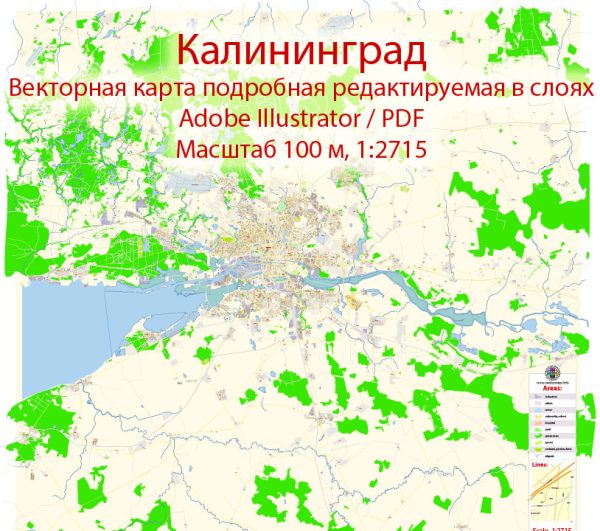Kaliningrad, located in the westernmost part of Russia, is an exclave that has a rich and complex history. Here is a brief description of its historical background:
- Prussian Origins: Kaliningrad was originally part of the historic region of East Prussia, a territory of the Teutonic Knights and later the Kingdom of Prussia. It was known as Königsberg and served as the capital of East Prussia for centuries.
- World War II: During World War II, Königsberg suffered extensive damage as a result of Allied bombings and Soviet military operations. The city was eventually captured by the Soviet Red Army in 1945.
- Renaming to Kaliningrad: After World War II, the city was renamed Kaliningrad in honor of Mikhail Kalinin, a prominent Soviet political figure. The region, including the city, was annexed by the Soviet Union and separated from the rest of East Prussia by the newly established Polish border.
- Soviet and Russian Rule: Kaliningrad became an important Soviet military and industrial center during the Cold War. After the dissolution of the Soviet Union in 1991, it remained a part of the Russian Federation, even though it was separated from the Russian mainland.
- Geopolitical Significance: Kaliningrad’s strategic location on the Baltic Sea made it a matter of geopolitical importance. It remains a Russian exclave, surrounded by European Union countries, including Poland and Lithuania. This has occasionally led to diplomatic tensions and concerns.
- Cultural Heritage: Despite the significant destruction during World War II, some historic landmarks and architectural remnants from Königsberg’s Prussian past remain in Kaliningrad, including the famous Königsberg Castle and the Cathedral of Königsberg.
- Economy and Development: Kaliningrad has seen economic development, with a focus on trade, manufacturing, and shipping. It has also become a popular tourist destination, attracting visitors with its historical sites and coastal attractions.
- Contemporary Challenges: The enclave status of Kaliningrad has posed certain challenges, including visa requirements for entry into the region and ongoing political discussions concerning its relationship with neighboring countries and the European Union.
In summary, Kaliningrad has a rich history that encompasses its Prussian origins, the devastation of World War II, and its subsequent integration into the Soviet Union and, later, the Russian Federation. Its unique geopolitical situation continues to influence its place in international relations.


 Author: Kirill Shrayber, Ph.D. FRGS
Author: Kirill Shrayber, Ph.D. FRGS